
Sohar: The Pearl of Oman
Sohar, an enchanting city situated on the northern coast of Oman, is a destination that beautifully blends rich history with modern vibrance. Known as the birthplace of the legendary Sinbad the Sailor, Sohar is drenched in maritime lore and ancient trade routes. As you walk through its bustling souks, you'll be transported back in time, surrounded by the aroma of frankincense and spices, reminiscent of its glorious past as a major trading port. The city's crown jewel is the majestic Sohar Fort, a massive fortress that stands as a testament to Sohar's strategic importance over centuries. Perched on a hill overlooking the Arabian Sea, the fort offers panoramic views and a fascinating museum that details the city's storied past. Another must-visit is the Sultan Qaboos Grand Mosque, a stunning architectural masterpiece that showcases the intricate artistry and spiritual heritage of Oman. For nature enthusiasts, Sohar offers serene beaches such as the Silver Jubilee Park, where you can unwind and soak up the sun. The nearby Wadi Hibi is perfect for those looking to explore the natural beauty of the region, with its lush greenery and rugged landscapes. Whether you're seeking adventure, history, or relaxation, Sohar promises a unique and unforgettable experience.
Local tips in Sohar
- Visit Sohar Fort early in the morning to avoid crowds and heat.
- Dress modestly, especially when visiting religious sites like the Sultan Qaboos Grand Mosque.
- Check local festivals and events; Sohar often hosts traditional music and dance performances.
- Hire a local guide for a more enriching experience when exploring historical landmarks.
- Taste local seafood at one of the coastal restaurants for an authentic culinary experience.
Sohar: The Pearl of Oman
Sohar, an enchanting city situated on the northern coast of Oman, is a destination that beautifully blends rich history with modern vibrance. Known as the birthplace of the legendary Sinbad the Sailor, Sohar is drenched in maritime lore and ancient trade routes. As you walk through its bustling souks, you'll be transported back in time, surrounded by the aroma of frankincense and spices, reminiscent of its glorious past as a major trading port. The city's crown jewel is the majestic Sohar Fort, a massive fortress that stands as a testament to Sohar's strategic importance over centuries. Perched on a hill overlooking the Arabian Sea, the fort offers panoramic views and a fascinating museum that details the city's storied past. Another must-visit is the Sultan Qaboos Grand Mosque, a stunning architectural masterpiece that showcases the intricate artistry and spiritual heritage of Oman. For nature enthusiasts, Sohar offers serene beaches such as the Silver Jubilee Park, where you can unwind and soak up the sun. The nearby Wadi Hibi is perfect for those looking to explore the natural beauty of the region, with its lush greenery and rugged landscapes. Whether you're seeking adventure, history, or relaxation, Sohar promises a unique and unforgettable experience.
When is the best time to go to Sohar?
Iconic landmarks you can’t miss
LuLu Hypermarket - Sohar
Discover the vibrant LuLu Hypermarket in Sohar, where shopping meets culture, offering everything from fresh produce to trendy fashion.
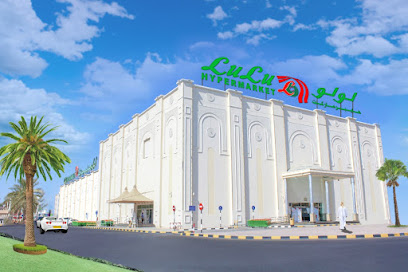
Radisson Blu Hotel & Resort, Sohar
Discover unparalleled luxury at the Radisson Blu Hotel & Resort in Sohar, where breathtaking ocean views and exceptional service await your visit.

City Centre Sohar
Experience shopping, dining, and entertainment at City Centre Sohar, the ultimate retail destination in Oman.
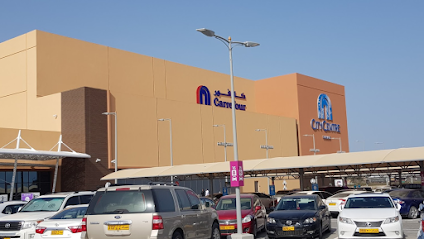
Crowne Plaza Sohar, an IHG Hotel
Experience luxury and Omani hospitality at Crowne Plaza Sohar, your perfect getaway in Oman.
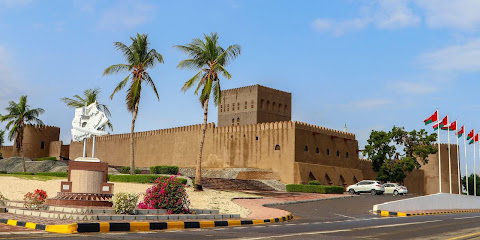
Mercure Hotel Sohar
Discover comfort and convenience at Mercure Hotel Sohar, your perfect base for exploring the rich history and beauty of Oman.
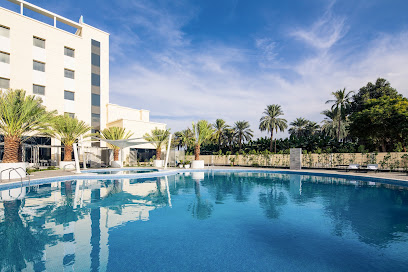
SOHAR EYE
Experience tranquility and natural beauty at Sohar Eye Park, a perfect escape for relaxation and leisure in Oman.
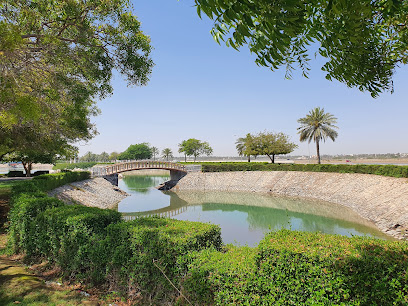
Sultan Qaboos Grand Masjid Sohar
Explore the majestic Sultan Qaboos Grand Masjid in Sohar, a stunning architectural gem showcasing Oman's rich cultural and religious heritage.
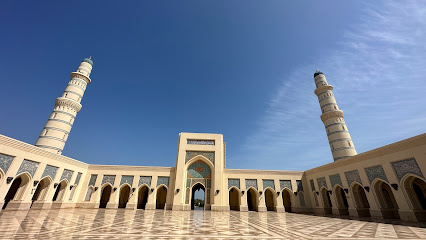
Sohar Fort
Explore Sohar Fort, a historic castle in Oman offering breathtaking views and a deep dive into the region's rich cultural heritage.
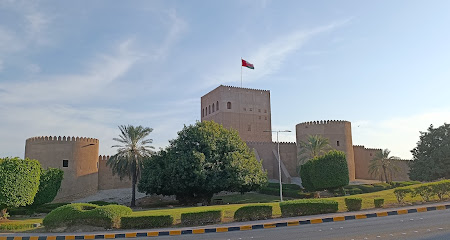
Al Sanger Park
Explore the lush greenery and serene ambiance of Al Sanger Park, a premier destination for relaxation and family fun in Sohar.
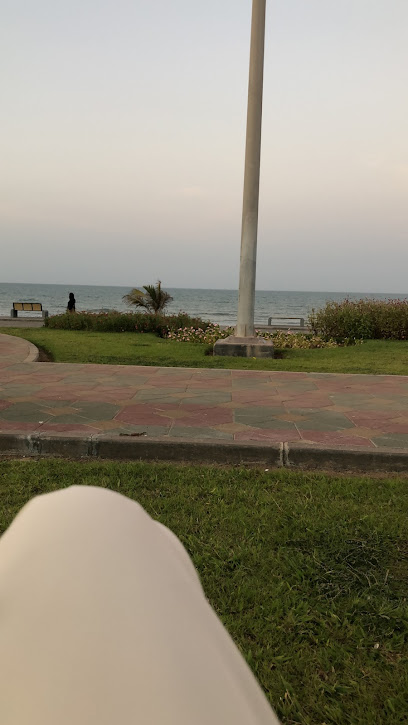
Sohar Market
Discover the vibrant Sohar Market in Oman, where shopping meets culture amidst a kaleidoscope of local delights and global brands.
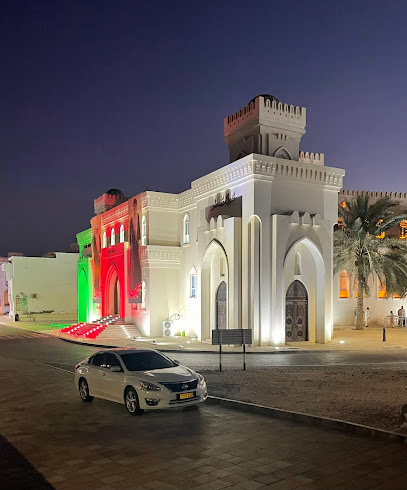
Falaj Al Qabail Public Park
Explore the natural beauty and tranquility of Falaj Al Qabail Public Park in Sohar, a perfect escape for families and nature lovers alike.
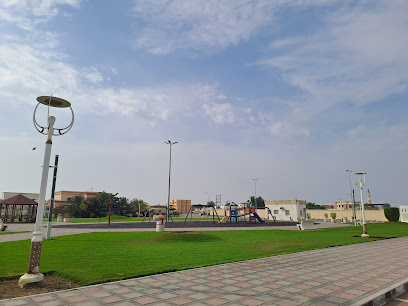
Al Wadi Hotel
Experience comfort and culture at Al Wadi Hotel in Sohar, Oman, where hospitality meets the charm of a historic coastal city.
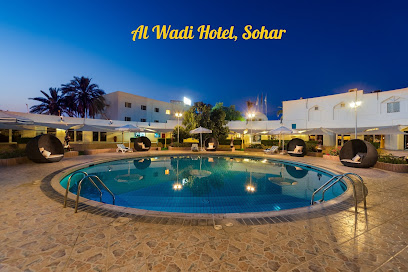
Public Garden
Explore the beauty and tranquility of Sohar's Public Garden, a lush oasis perfect for relaxation and cultural experiences in Oman.
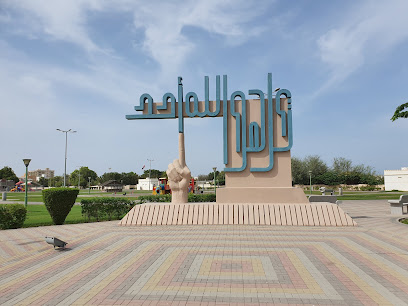
Atlas Hotel Apartment
Discover the charm of Sohar while enjoying the comfort of Atlas Hotel Apartment, your perfect home away from home.

VOX Cinemas City Centre Suhar
Immerse yourself in the world of cinema at VOX Cinemas City Centre Suhar, where the latest films come to life in comfort and style.
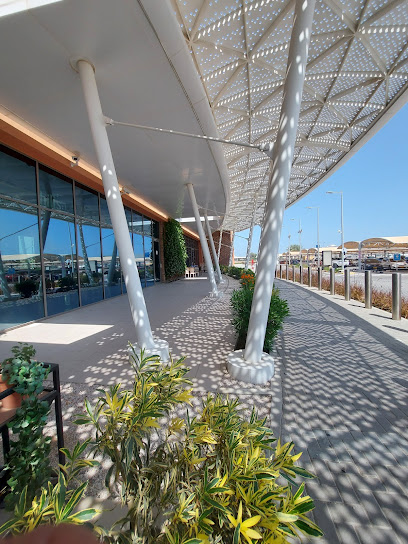
Unmissable attractions to see
حدیقة اليوبيل الفضي (عین صحار )
Experience the serene beauty of Al Yubi Park in Sohar, Oman, a lush paradise perfect for relaxing, picnicking, and enjoying nature's tranquility.
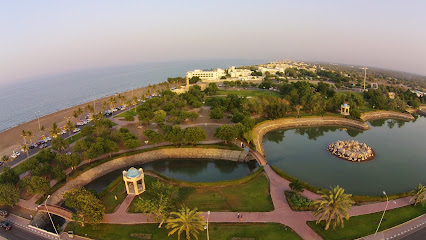
SOHAR EYE
Explore the lush landscapes and serene atmosphere of Sohar Eye, the perfect park destination for relaxation and cultural experiences in Oman.
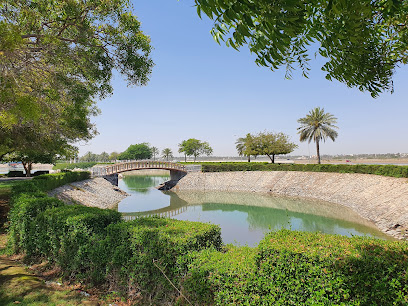
Falaj Al Qabail Public Park
Explore the lush beauty and tranquility of Falaj Al Qabail Public Park, a serene escape in Sohar, Oman for relaxation and family fun.
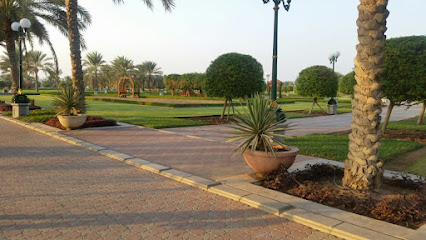
Public Garden
Explore the lush landscapes and vibrant blooms of Sohar's Public Garden, a tranquil haven perfect for relaxation and family fun.
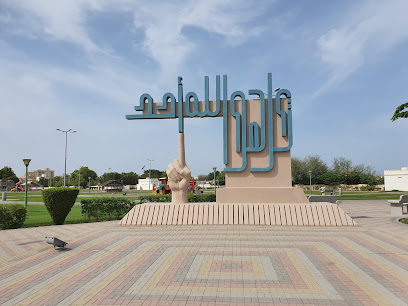
Almenyal Beach Park
Discover the serene beauty of Almenyal Beach Park in Sohar, a perfect spot for relaxation, family fun, and breathtaking coastal views.
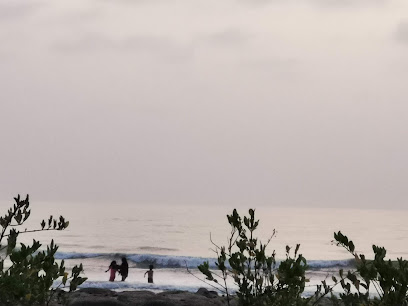
Sohar Beach
Discover the serene beauty and cultural treasures of Sohar Beach, a perfect destination for relaxation and adventure in Oman.
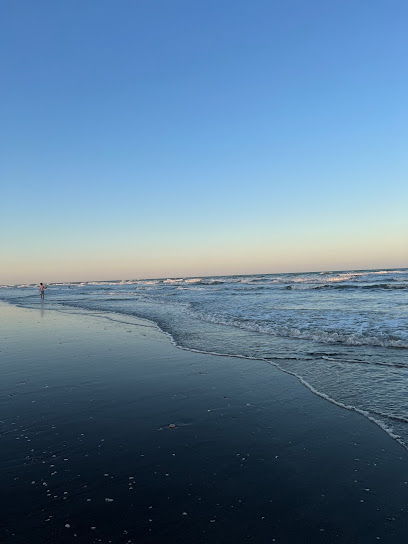
سيح المكارم
Discover the tranquil beauty of Siḥ al-Makārim park in Sohar, Oman - a perfect spot for relaxation and family activities amidst nature.
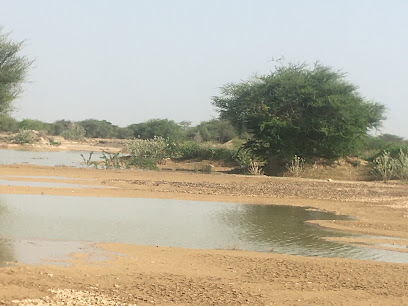
وادي فزح
Discover the stunning Wadi Fizh in Oman, a perfect blend of natural beauty and cultural richness that enchants every visitor.
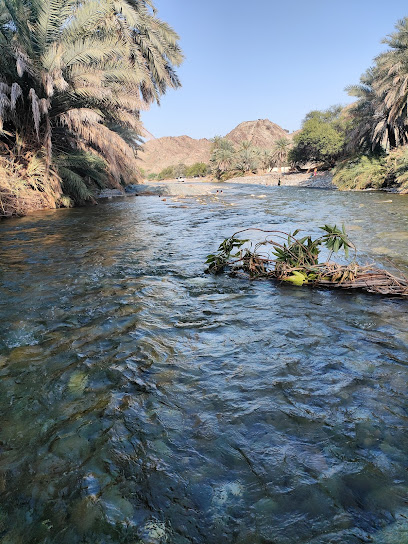
Open Beach ️
Experience the tranquil beauty of Open Beach in Sohar, Oman – a perfect destination for relaxation, adventure, and breathtaking sunsets.
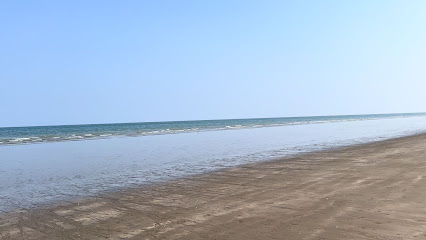
Sohar beach
Experience the tranquil beauty of Sohar Beach, a perfect blend of golden sands, cultural richness, and stunning ocean views in Oman.
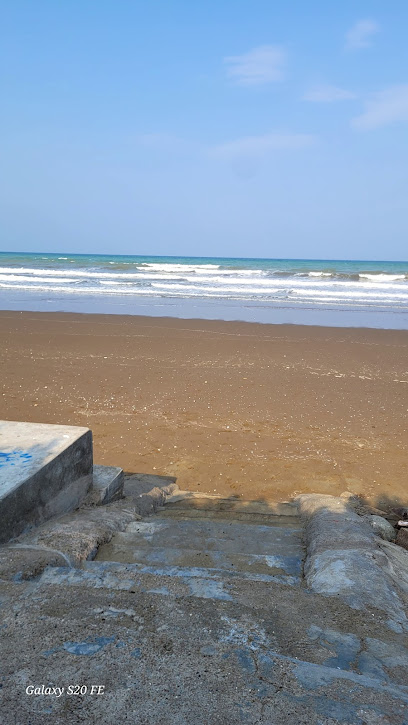
I watched
Explore the rich history and stunning beauty of Sohar, Oman, where tradition meets modernity in a captivating coastal city.

سبلة الحاج حسن
Discover tranquility at سبلة الحاج حسن, a serene oasis in Liwa, Oman, where nature and culture blend beautifully for a rejuvenating experience.

مشوي العيد ، الشيزاو
Experience the rich flavors of Omani cuisine at مشوي العيد in الشيزا, Sohar, where tradition meets taste in a vibrant atmosphere.

Essential places to dine
MALABAR PARIS RESTAURANT
Discover authentic Indian flavors at Malabar Paris Restaurant in Sohar - where every meal is a celebration of culinary excellence.
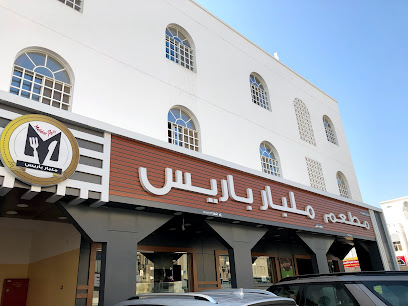
ZAEEM FOODS- Falaj Al Qabail
Discover authentic Indian and Pakistani flavors at Zaeem Foods in Sohar – where every meal is a celebration of culinary excellence.
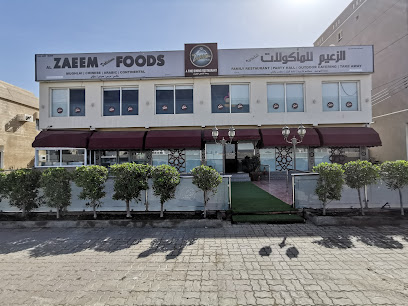
Your Home Turkish Grill Restaurant
Experience authentic Turkish cuisine in Sohar at Your Home Turkish Grill Restaurant—where every meal is a celebration of flavor.
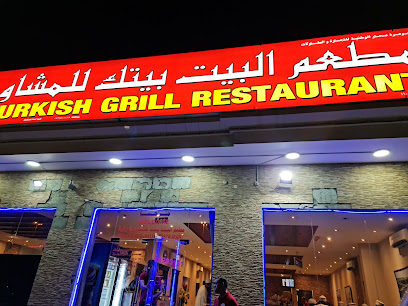
Reef Halab
Experience authentic Omani cuisine at Reef Halab in Sohar - where tradition meets flavor in a warm and inviting atmosphere.
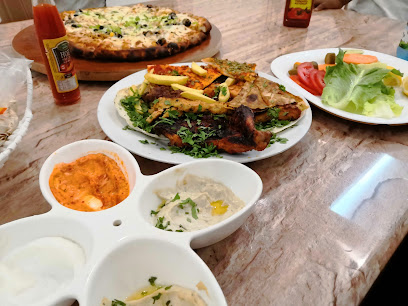
Lobnan Al-Akhdar Restaurant
Discover the rich flavors of Lebanon at Lobnan Al-Akhdar Restaurant in Sohar – where authentic cuisine meets warm hospitality.
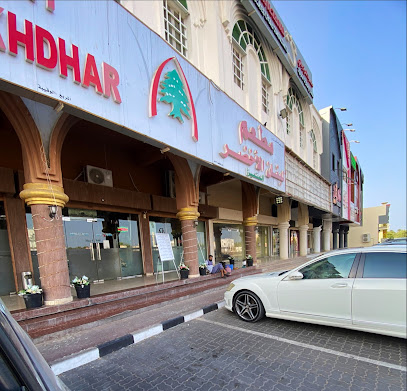
مقهى أجواء تركيا
Discover authentic Turkish cuisine at مقهى أجواء تركيا in Sohar - where every meal is a celebration of flavor and hospitality.

مطعم الخاطر Al Khater Restaurant
Experience authentic Omani flavors at Al Khater Restaurant in Sohar - a culinary delight on the Batinah Highway.
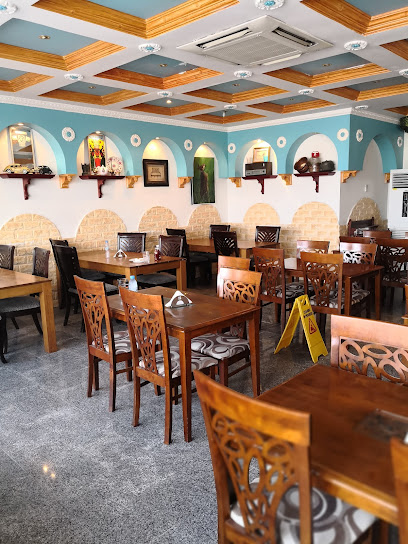
Indian House Restaurant
Discover the authentic taste of India at Indian House Restaurant in Sohar - where every dish tells a story.
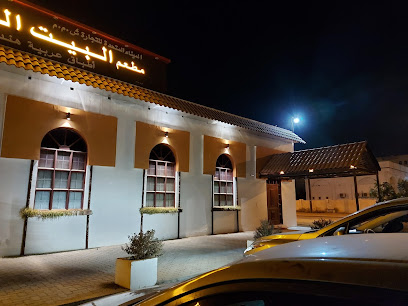
THE FOOD STUDIO RESTAURANT- SOHAR
Discover authentic Omani cuisine blended with modern flavors at The Food Studio Restaurant in Sohar – a must-visit dining destination.
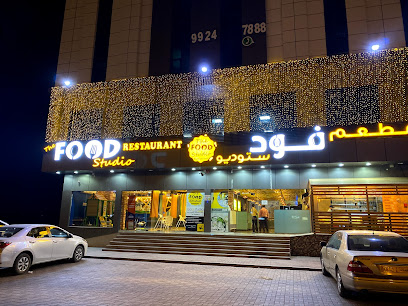
مطعم البيت الكويتي
Experience the rich tapestry of Kuwaiti cuisine at مطعم البيت الكويتي, where every dish tells a story.
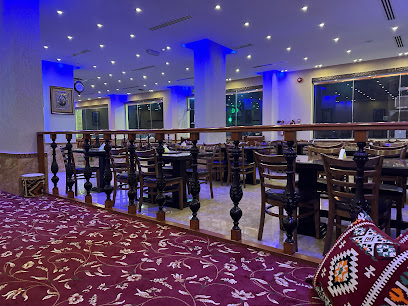
Sohar Magic Restaurant
Discover the authentic taste of India at Sohar Magic Restaurant, where fast food meets traditional flavors in a vibrant setting.
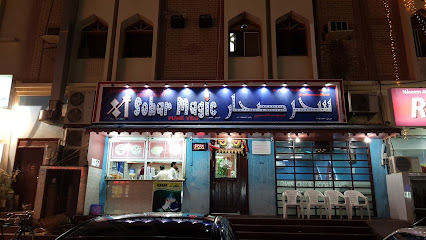
Golestan Iranian Food Restaurant
Experience the rich flavors of Persian cuisine at Golestan Iranian Food Restaurant in Sohar, where tradition meets taste in every bite.
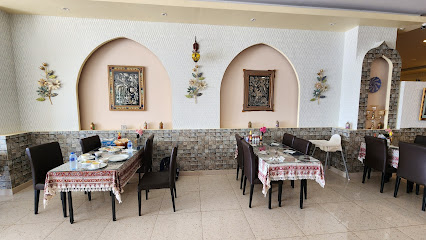
Cornish Restaurant Sohar
Experience authentic Omani cuisine at Cornish Restaurant in Sohar - where fresh seafood meets breathtaking coastal views.
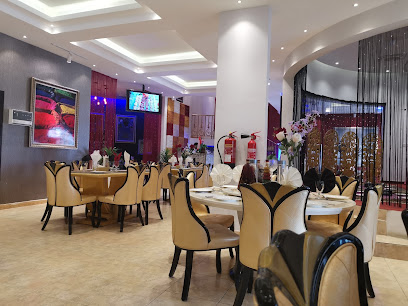
مطعم ليميه
Discover authentic Indian cuisine at مطعم ليميه in Sohar - where flavor meets affordability for an unforgettable dining experience.
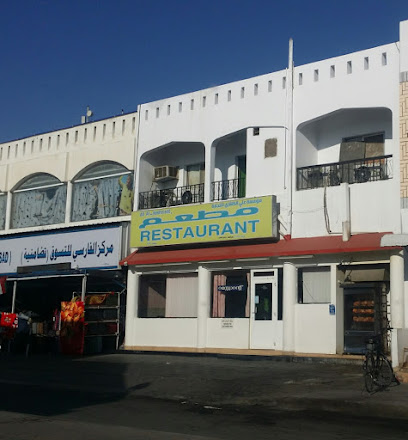
Afghan Food Restaurant
Discover authentic Afghan cuisine at Afghan Food Restaurant in Sohar – a culinary journey filled with rich flavors and warm hospitality.
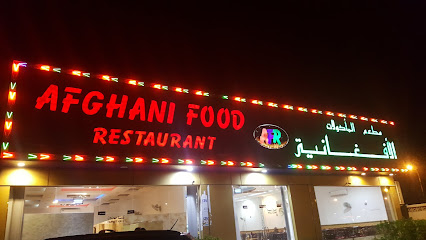
Markets, malls and hidden boutiques
LuLu Hypermarket - Sohar
Discover a World of Shopping at LuLu Hypermarket in Sohar - From Fresh Produce to Fashion and Electronics.
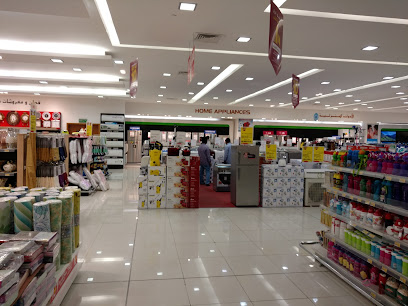
Safeer Mall Sohar
Experience the best of shopping, dining, and entertainment at Safeer Mall Sohar, your ultimate destination in Oman.
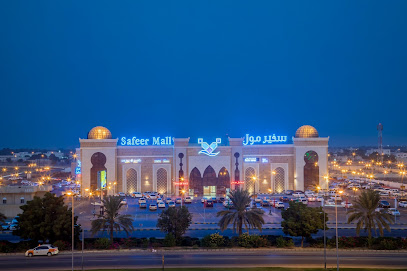
City Centre Sohar
Explore the vibrant City Centre Sohar, where shopping, dining, and entertainment come together in a modern oasis.
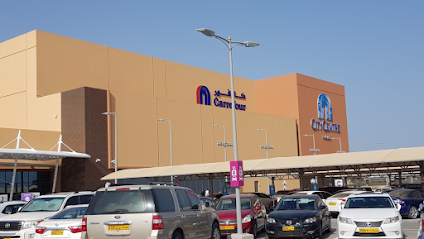
Danube Home Sohar
Explore Danube Home Sohar for an exceptional selection of home improvement products and inspiration for your next project.
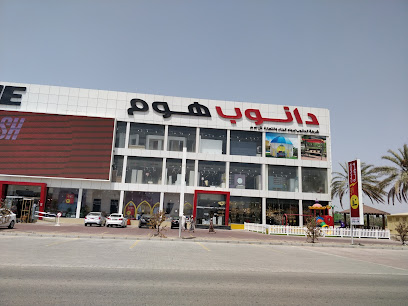
السوق الصيني للتسوق فرع صحار
Explore the vibrant Chinese Shopping Market in Sohar, offering a diverse range of products and a unique cultural experience for every visitor.
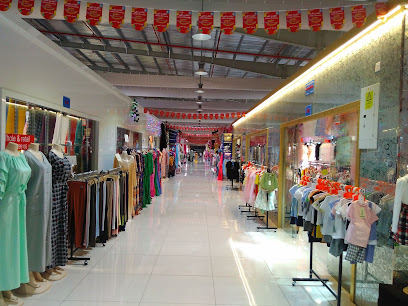
Sohar Downtown
Experience the vibrant shopping and entertainment scene at Sohar Downtown, a must-visit destination for all travelers in Oman.
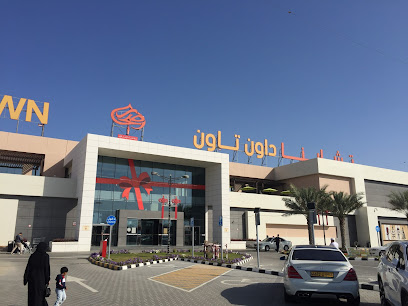
Sohar Market
Discover the charm of Omani culture at Sohar Market, a vibrant shopping mall offering local crafts, international brands, and delectable cuisine.
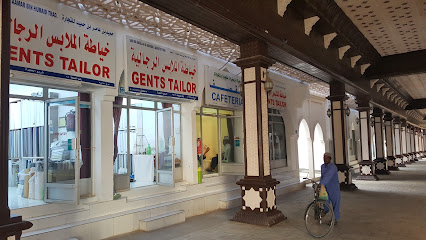
eXtra Sohar
Experience the best shopping in Sohar at eXtra Sohar, where electronics meet exceptional customer service and delightful dining options.
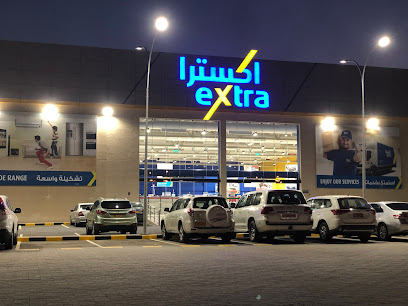
yabalash-sohar(Sohar gift market)
Discover the vibrant Yabalash Sohar Gift Market, a shopper's paradise filled with local crafts, culinary delights, and cultural experiences in the heart of Oman.
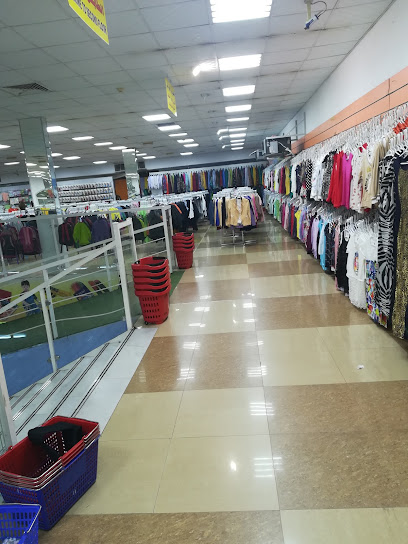
Oman Gift Center
Explore the Oman Gift Center in Sohar for unique souvenirs and authentic Omani crafts, perfect for every visitor's shopping experience.
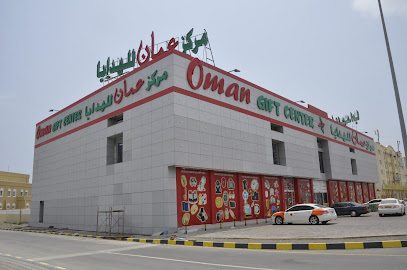
Al Batinah Gift Markets
Explore the vibrant Al Batinah Gift Markets in Sohar for unique Omani gifts, local crafts, and an immersive cultural experience.
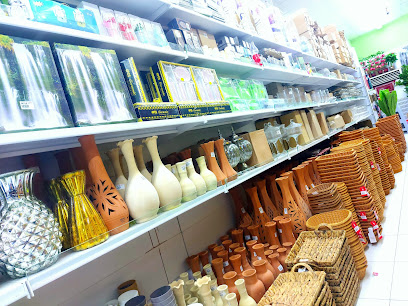
National Markets for shopping & Gifts
Discover the charm of Sohar's National Markets, where tradition meets modernity in a vibrant shopping experience filled with unique gifts.
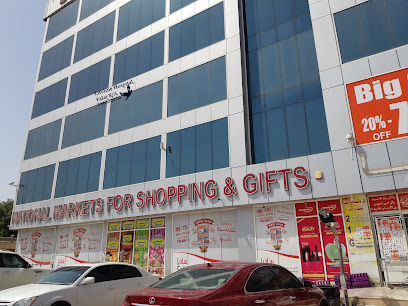
African+Eastern - Sohar
Explore an extensive selection of alcoholic beverages at African Eastern in Sohar, where quality and variety meet exceptional service.
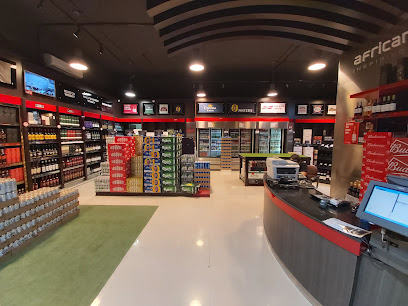
Suhar New SOUQ
Explore Suhar New SOUQ: A Vibrant Gift Shop in Sohar, Oman, Showcasing Local Crafts and Traditional Souvenirs.
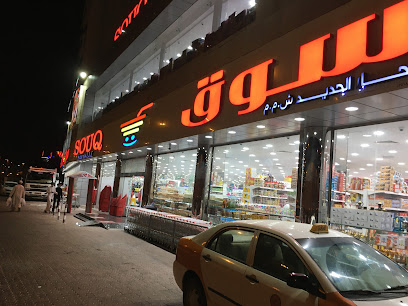
Al Jazeera International Shopping LLC - Gift Shop - Sohar
Explore Al Jazeera International Shopping LLC in Sohar for unique Omani gifts and souvenirs that beautifully capture the essence of your travels.
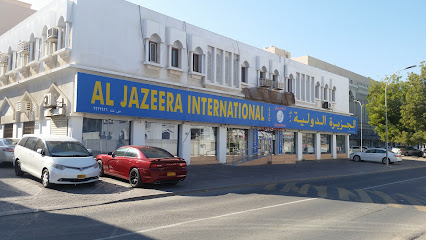
Essential bars & hidden hideouts
مطعم الخاطر Al Khater Restaurant
Savor the flavors of Oman at Al Khater Restaurant, where authentic cuisine meets a warm, inviting atmosphere in Sohar.
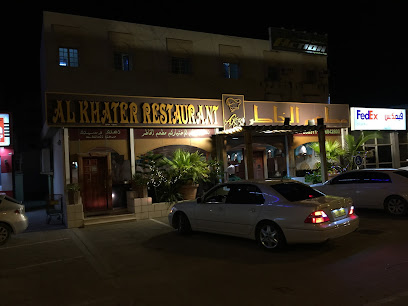
THE FOOD STUDIO RESTAURANT- SOHAR
Discover the vibrant culinary scene at The Food Studio Restaurant in Sohar, offering a delightful mix of Omani and international dishes.
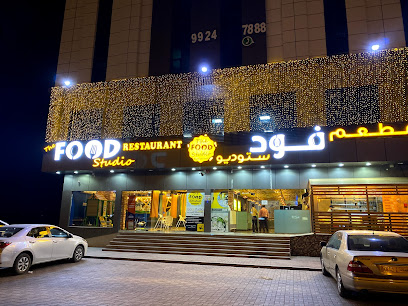
Cornish Restaurant Sohar
Experience authentic Omani seafood at Cornish Restaurant, where breathtaking views meet delightful flavors on the Sohar Corniche.
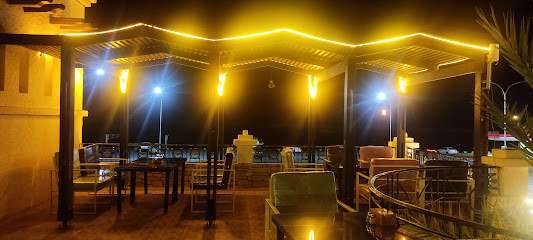
The Steakhouse
Experience the exquisite flavors of The Steakhouse in Sohar, where every meal is a celebration of fine dining and exceptional service.
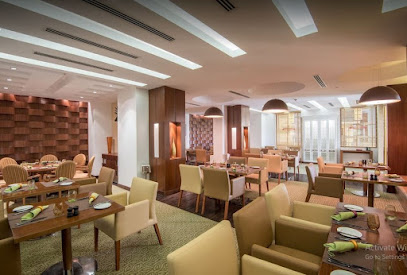
Aqua Bar
Discover Aqua Bar in Sohar, where refreshing drinks and a vibrant atmosphere create the perfect escape for tourists seeking relaxation and entertainment.
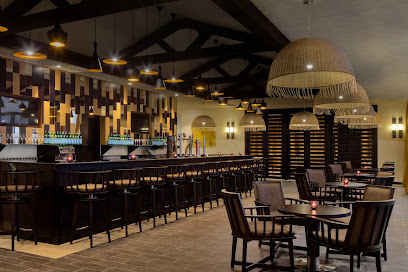
مجلس البهجة
Discover the charm of مجلس البهجة, a serene lounge in Sohar offering a delightful selection of beverages and a tranquil atmosphere for relaxation.
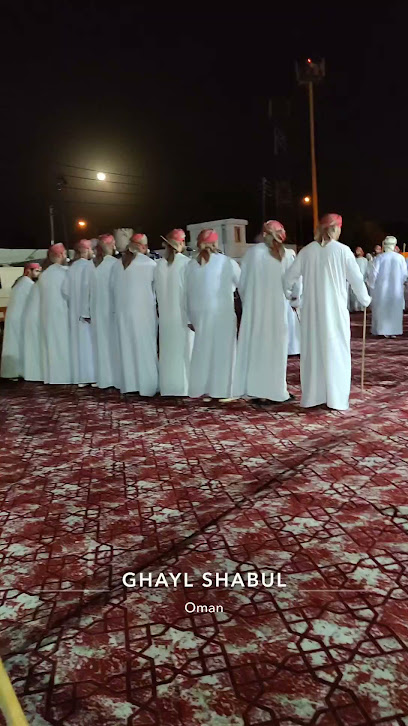
The Sports Bar
Discover the vibrant atmosphere of The Sports Bar in Sohar, where sports, delicious food, and great company come together.
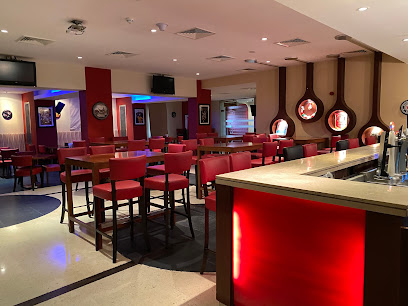
The Restaurant
Experience the flavors of Oman and beyond at The Restaurant, a premier dining destination in Sohar's Crowne Plaza.
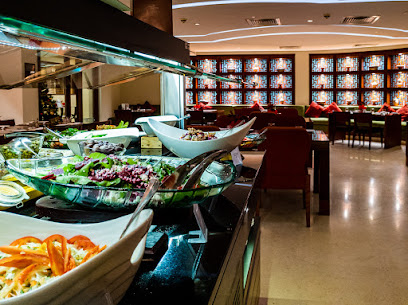
جوسي كلوب juicy club
Discover the lively Juicy Club in Sohar, Oman - your go-to cider bar for refreshing drinks and vibrant nightlife.
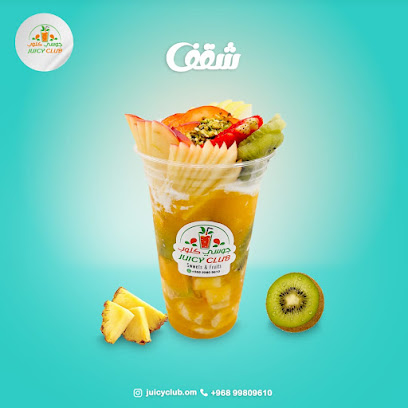
Soprano Club
Discover the unmissable nightlife at Soprano Club, Sohar's top destination for vibrant music, dance, and unforgettable experiences.
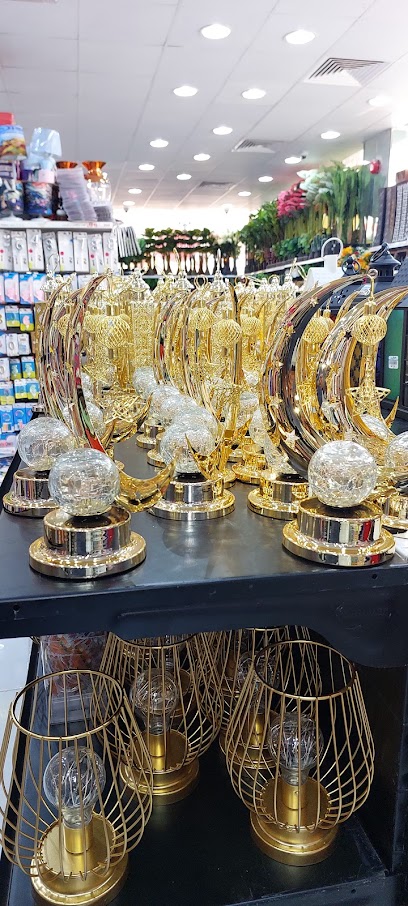
The Resident Bar & Terrace
Experience luxury and relaxation at The Resident Bar & Terrace, a premier lounge in Sohar, Oman, featuring stunning views and exquisite drinks.
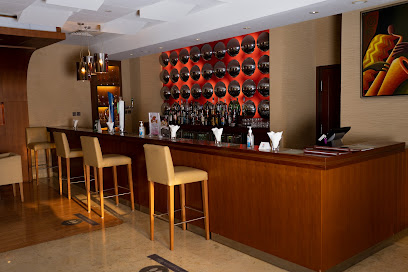
Reflection Pool Bar
Unwind in the luxurious ambiance of Reflection Pool Bar in Sohar, where exquisite drinks and serene views come together for an unforgettable experience.
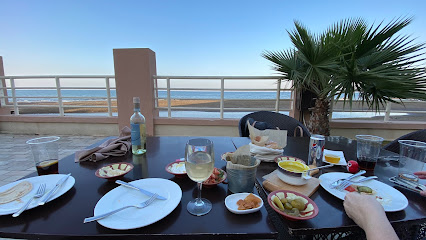
عصير الليمون
Experience refreshing citrus beverages in a cozy bar atmosphere at عصير الليمون, a hidden gem in Sohar.
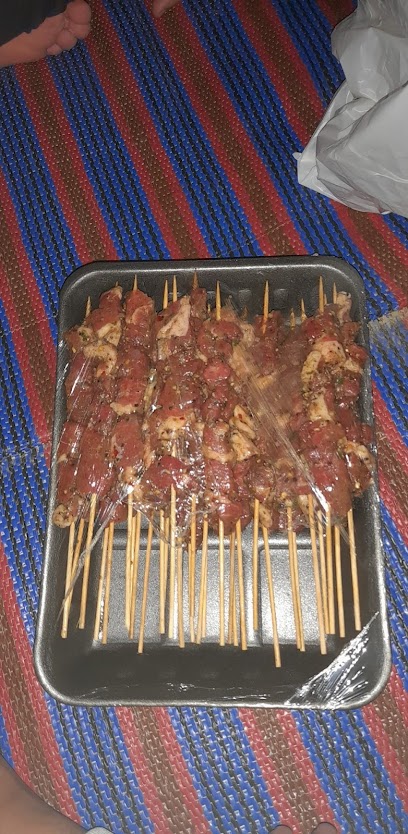
البار
Discover the vibrant nightlife at Al Bar in Sohar, a perfect spot for drinks and socializing in a lively atmosphere.

Al Khaimah Roof Top
Al Khaimah Roof Top: A serene bar experience with stunning views in Sohar, ideal for relaxation and vibrant nightlife.

Local Phrases
-
- Helloمرحبا
[marhaba] - Goodbyeوداعا
[wadaea] - Yesنعم
[naam] - Noلا
[laa] - Please/You're welcomeمن فضلك
[min fadlik] - Thank youشكرا لك
[shukran lak] - Excuse me/Sorryعذرا
[athaar] - How are you?كيف حالك؟
[kayfa halik?] - Fine. And you?بخير. وأنت؟
[bikhair. wa ant?] - Do you speak English?هل تتحدث الإنجليزية؟
[hal tatahadath al ingileziya?] - I don't understandلا أفهم
[la afham]
- Helloمرحبا
-
- I'd like to see the menu, pleaseأود أن أرى القائمة، من فضلك
[aawad an ara alqaima, min fadlik] - I don't eat meatأنا لا آكل اللحوم
[ana la aakol al lahoom] - Cheers!في صحتك!
[fi sahtak!] - I would like to pay, pleaseأود أن أدفع، من فضلك
[aawad an adfaa, min fadlik]
- I'd like to see the menu, pleaseأود أن أرى القائمة، من فضلك
-
- Help!النجدة!
[alnajda!] - Go away!ارحل!
[erhal!] - Call the Police!اتصل بالشرطة!
[atassil bialshurta!] - Call a doctor!اتصل بطبيب!
[atassil batabib!] - I'm lostلقد ضللت
[laqad dalalt] - I'm illأنا مريض
[ana mareed]
- Help!النجدة!
-
- I'd like to buy...أود أن أشتري...
[aawad an ashtari...] - I'm just lookingأنا أتفرج فقط
[ana atfarij faqat] - How much is it?كم سعره؟
[kam saeruh?] - That's too expensiveهذا غالي جدا
[hatha ghali jiddan] - Can you lower the price?هل يمكنك خفض السعر؟
[hal yemkinuk khafd alsaer?]
- I'd like to buy...أود أن أشتري...
-
- What time is it?كم الساعة؟
[kam alssaah?] - It's one o'clockالواحدة
[alwahidah] - Half past (10)العاشرة والنصف
[alashirah wannahf] - Morningالصباح
[alsabah] - Afternoonالظهر
[alduhr] - Eveningالمساء
[almasa] - Yesterdayأمس
[ams] - Todayاليوم
[alyawm] - Tomorrowغدا
[ghadan] - 1واحد
[wahid] - 2اثنان
[ithnan] - 3ثلاثة
[thalatha] - 4أربعة
[arbaa] - 5خمسة
[khamsa] - 6ستة
[sitta] - 7سبعة
[sabaa] - 8ثمانية
[thamania] - 9تسعة
[tisaa] - 10عشرة
[asharah]
- What time is it?كم الساعة؟
-
- Where's a/the...?أين...
[ayn...] - What's the address?ما هو العنوان؟
[ma hu alunwan?] - Can you show me (on the map)?هل يمكنك أن تريني (على الخريطة)؟
[hal yemkinuk an tareeni (ala alkhareeta)?] - When's the next (bus)?متى القادم (الحافلة)؟
[mata alqadim (alhafilah)?] - A ticket (to ....)تذكرة (إلى ....)
[tathkirah (ila ....)]
- Where's a/the...?أين...
History of Sohar
-
Sohar, one of the oldest cities in Oman, has a rich history dating back to ancient times. Its strategic location along the Arabian Sea made it a major maritime hub, facilitating trade routes between the Middle East, India, and East Africa. Archaeological evidence suggests that Sohar was a thriving seaport as early as the 3rd millennium BCE.
-
During the Islamic Golden Age, Sohar was an important center of commerce and learning. The city flourished under the Umayyad and Abbasid caliphates, becoming renowned for its shipbuilding industry and bustling markets. Sohar's prosperity attracted scholars, traders, and craftsmen from across the Islamic world, contributing to its cultural and economic development.
-
Sohar's maritime heritage is also linked to the legendary tales of Sinbad the Sailor. It is believed that the stories of Sinbad's adventurous voyages were inspired by the seafarers of Sohar. These tales, part of the 'One Thousand and One Nights' collection, highlight the city's historical significance as a center of maritime exploration and trade.
-
In the early 16th century, Sohar came under Portuguese control as they sought to dominate the trade routes in the Indian Ocean. The Portuguese constructed a fort in Sohar to secure their hold over the region. This period of foreign occupation lasted until the mid-17th century when the Omani forces, led by Imam Sultan bin Saif Al Ya'rubi, successfully expelled the Portuguese.
-
Sohar Fort, one of the most prominent landmarks in the city, stands as a testament to Sohar's resilience. Originally built by the Portuguese and later reconstructed by Omani rulers, the fort has played a crucial role in defending the city from various invasions. Today, it houses a museum that showcases Sohar's rich history and cultural heritage.
-
In recent decades, Sohar has undergone significant transformation, evolving into a modern industrial and commercial hub. The establishment of Sohar Port and Freezone has attracted international investments, boosting the city's economy and creating job opportunities. Despite these advancements, Sohar has managed to preserve its historical charm, blending the old with the new.
Sohar Essentials
-
Sohar is accessible via several means. The closest international airport is Muscat International Airport (MCT), located about 200 kilometers south of Sohar. From Muscat, you can reach Sohar by bus, taxi, or renting a car. The Oman National Transport Company (Mwasalat) operates regular bus services between Muscat and Sohar, with the journey taking approximately 2.5 to 3 hours. Alternatively, taxis and rental cars provide more flexible travel options.
-
Within Sohar, transportation options include taxis, buses, and rental cars. Taxis are readily available and can be hailed from the street or booked through various mobile apps. Local buses operate on fixed routes and are an inexpensive way to travel around the city. For more convenience, renting a car allows you to explore Sohar and its surroundings at your own pace. Note that driving is on the right side of the road.
-
The official currency in Oman is the Omani Rial (OMR). Credit and debit cards are widely accepted in hotels, restaurants, and larger shops. However, it is advisable to carry some cash for use in smaller establishments and markets. ATMs are widely available throughout Sohar, and currency exchange services can be found in banks and dedicated exchange offices.
-
Sohar is generally a very safe city for tourists. Violent crime is rare, but petty thefts such as pickpocketing can occur in crowded areas. It is advisable to take standard precautions such as keeping an eye on personal belongings and avoiding poorly lit areas at night. There are no specific high-crime neighborhoods targeting tourists, but it is always best to stay vigilant and aware of your surroundings.
-
In case of an emergency, dial 9999 for police, fire, or medical assistance. Sohar has several hospitals and clinics offering medical care, including the Sohar Hospital. It is recommended to have travel insurance that covers medical emergencies. Pharmacies are available for minor health issues, and many staff members speak English.
-
Fashion: Do dress modestly, particularly in public places and religious sites. Avoid wearing revealing clothing. Religion: Do respect local customs and traditions. When visiting mosques, dress conservatively and remove your shoes before entering. Public Transport: Do be courteous to other passengers. Avoid eating and drinking on public buses. Greetings: Do greet people with a handshake, and use the right hand as it is considered more polite. Eating & Drinking: Do try local foods and accept food and drink offers graciously. Avoid eating with the left hand, as it is considered impolite.
-
To experience Sohar like a local, visit the traditional souks (markets) where you can buy fresh produce, spices, and handicrafts. Engaging with locals can provide unique insights into Sohar's history and culture. Don't miss the opportunity to visit Sohar Fort and the beautiful Corniche area. Additionally, try local delicacies such as Omani Halwa and Shuwa for an authentic culinary experience.
Trending Landmark in Sohar
-
LuLu Hypermarket - Sohar
-
Radisson Blu Hotel & Resort, Sohar
-
City Centre Sohar
-
Crowne Plaza Sohar, an IHG Hotel
-
Mercure Hotel Sohar
-
SOHAR EYE
-
Sultan Qaboos Grand Masjid Sohar
-
Sohar Fort
-
Al Sanger Park
-
Sohar Market
-
Falaj Al Qabail Public Park
-
Al Wadi Hotel
-
Public Garden
-
Atlas Hotel Apartment
-
VOX Cinemas City Centre Suhar
Nearby Cities to Sohar
-
Things To Do in Fujairah
-
Things To Do in Al Ain
-
Things To Do in Khor Fakkan
-
Things To Do in Rustaq
-
Things To Do in Ibri
-
Things To Do in Dibba Al-Fujairah
-
Things To Do in Bahla
-
Things To Do in Ajman
-
Things To Do in Sharjah
-
Things To Do in Dubai
-
Things To Do in Umm Al Quwain
-
Things To Do in Ras Al Khaimah
-
Things To Do in Nizwa
-
Things To Do in Muscat
-
Things To Do in Khasab









